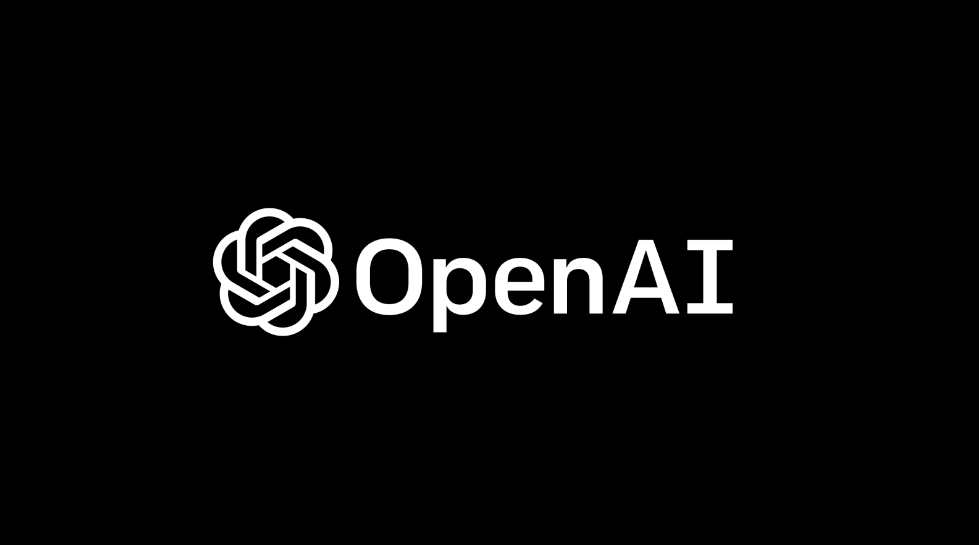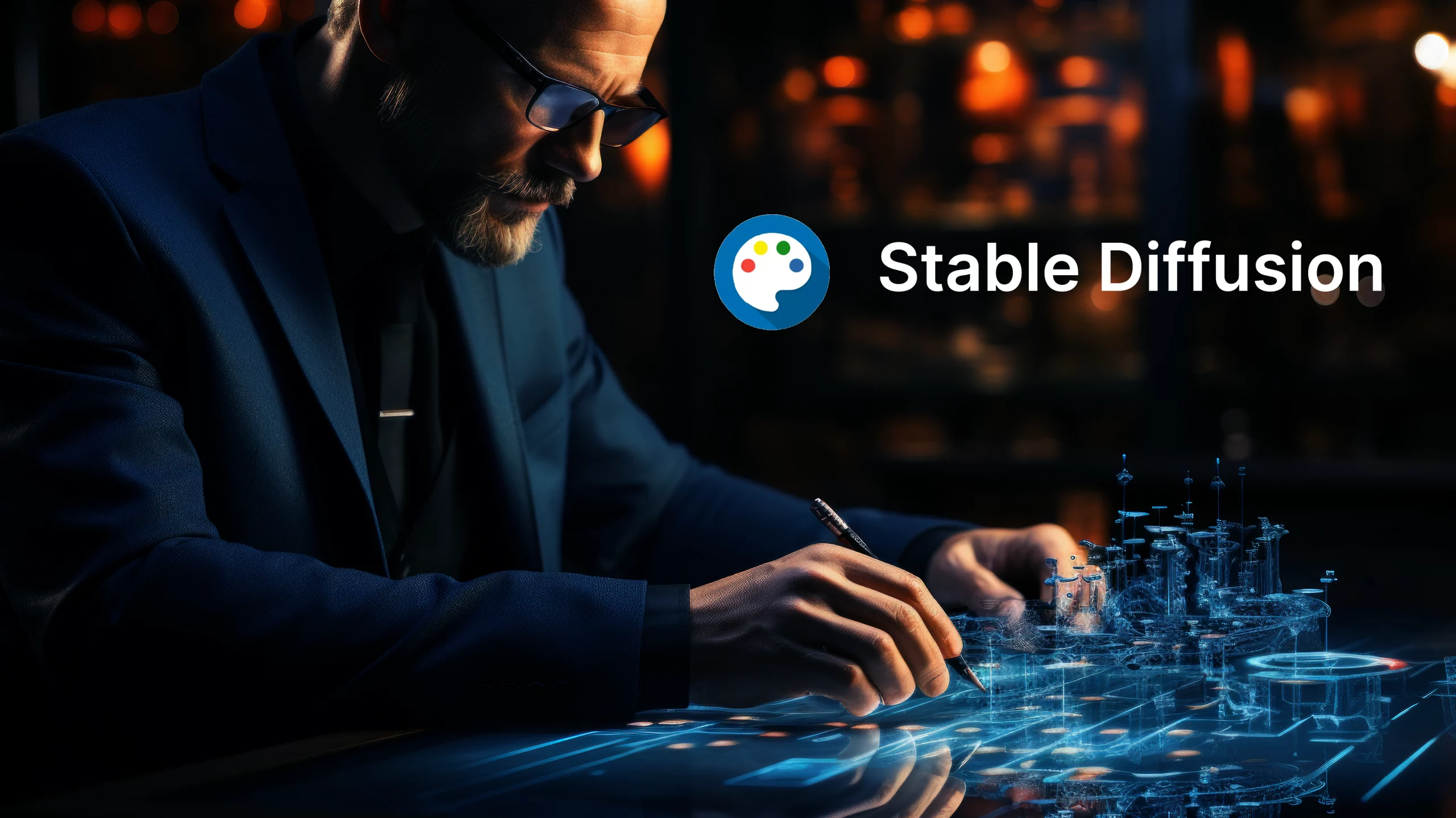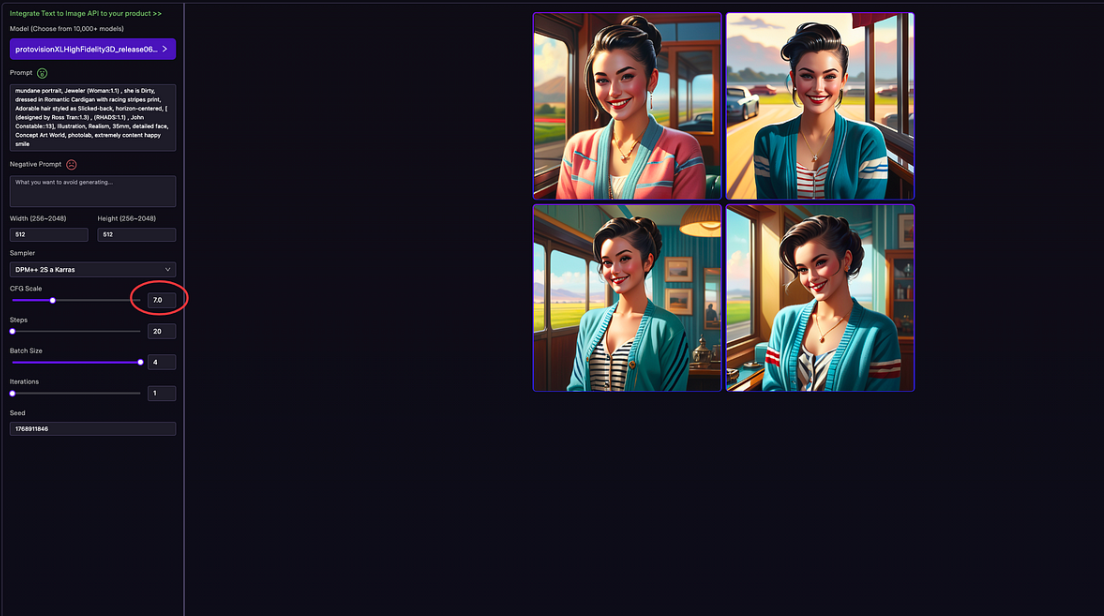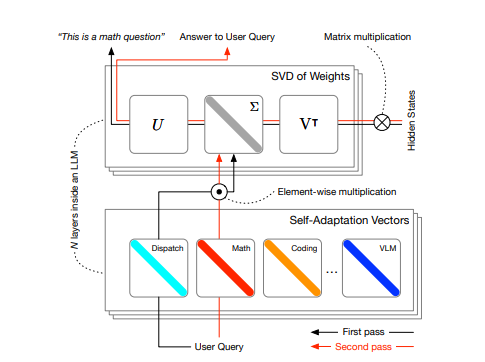Recently, OpenAI CEO Sam Altman published an eye-catching article on his personal blog, stating that the company has mastered the core technology of building artificial intelligence (AGI, artificial general intelligence) and plans to target Moving towards “superintelligence”. In the article, Altman emphasized that super-intelligent tools will be able to greatly increase the speed of scientific discovery and innovation, surpassing human beings' current capabilities, and thus promote the wealth and prosperity of society.

He pointed out that AGI is a complex and vague concept, but OpenAI has its own understanding of it, believing that AGI is "a highly autonomous system that surpasses humans in most economically valuable tasks." At the same time, OpenAI and its important investor Microsoft also have a specific definition of AGI, which is an artificial intelligence system that can create at least 100 billion US dollars in profits. This standard is set out in an agreement between the two companies, and once OpenAI reaches that goal, Microsoft will lose access to its technology.
Although Altman did not clearly indicate in his article which definition of AGI he was referring to, his statement seemed to favor the former. He mentioned that future AI systems may "join the workforce" and "materially change company output" in the short term. He firmly believes that by gradually putting good tools into people's hands, widespread positive effects can be achieved.
Despite this, Altman also admitted that there are still many technical limitations in current AI technology, such as "hallucination" phenomena and common errors, which will cause obstacles to the application of AI. Additionally, AI is relatively expensive to run. Nonetheless, he is confident that these challenges will be overcome quickly. Altman pointed out that the experience of AI development in the past few years has made people realize that the timeline of technology will change.
He concluded: “We are confident about the future and believe that in the next few years, more people will see what we have seen and realize the need to maintain caution between maximizing general benefit and empowerment. Sex." He believes that OpenAI's mission makes it impossible to be an ordinary company, and he feels lucky and humble to be able to participate in this important work.
AI courses are suitable for people who are interested in artificial intelligence technology, including but not limited to students, engineers, data scientists, developers, and professionals in AI technology.
The course content ranges from basic to advanced. Beginners can choose basic courses and gradually go into more complex algorithms and applications.
Learning AI requires a certain mathematical foundation (such as linear algebra, probability theory, calculus, etc.), as well as programming knowledge (Python is the most commonly used programming language).
You will learn the core concepts and technologies in the fields of natural language processing, computer vision, data analysis, and master the use of AI tools and frameworks for practical development.
You can work as a data scientist, machine learning engineer, AI researcher, or apply AI technology to innovate in all walks of life.







